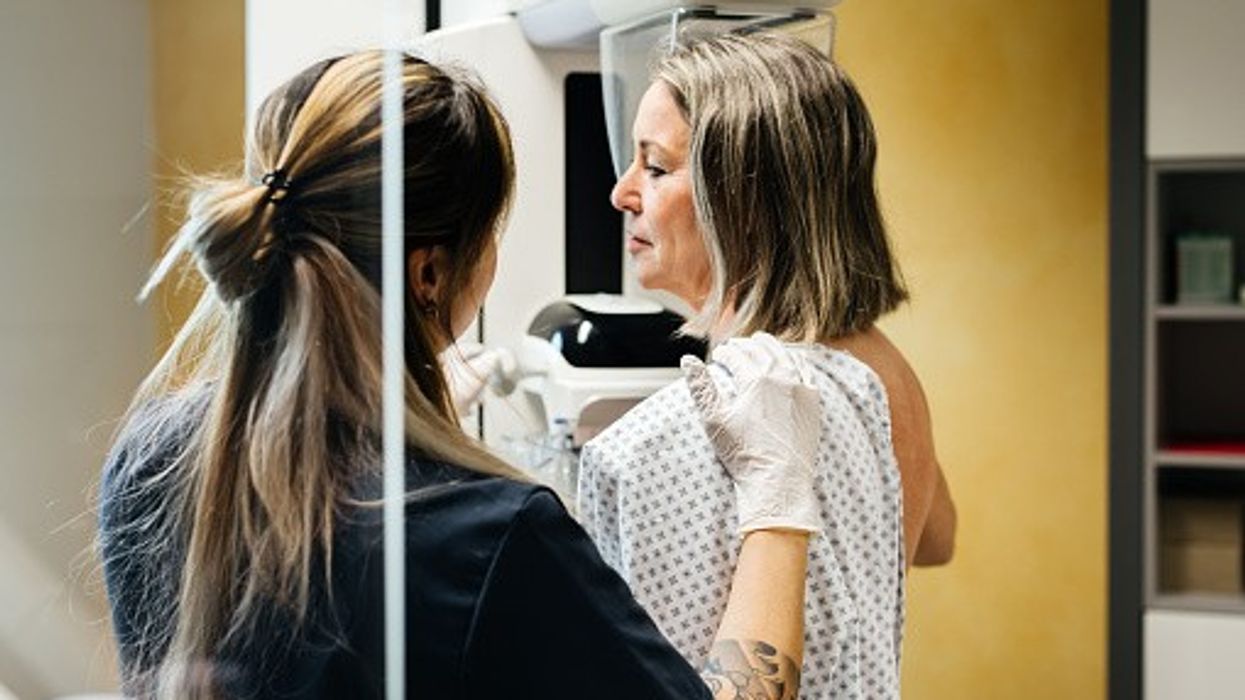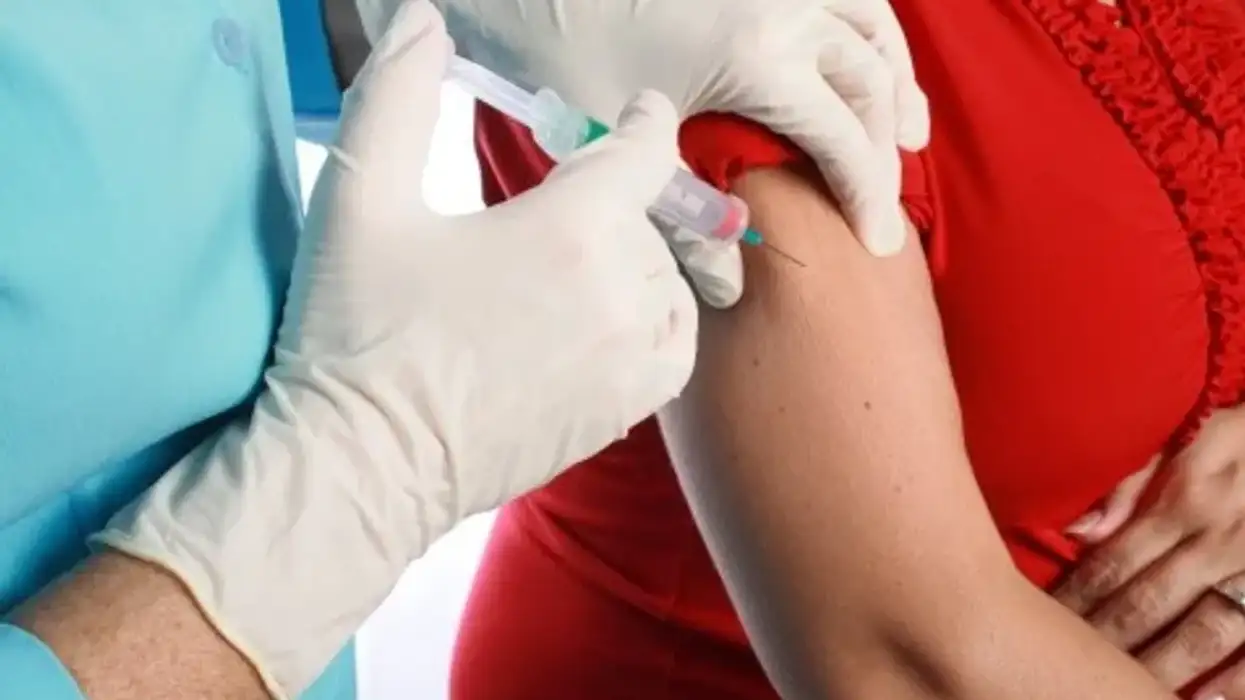Every year, thousands of people with hormone receptor (HR)-positive HER2-negative breast cancer could benefit from a new twice-a-day tablet, now set to be funded immediately through the Cancer Drugs Fund.
The National Institute for Health and Care Excellence (NICE) has approved the use of capivasertib (also known as Truqap), in combination with fulvestrant, as an option for around 1,100 adults with HR-positive HER2-negative breast cancer that has certain genetic mutations and has spread.
“We’re looking at capivasertib with fulvestrant for people whose cancer has come back or got worse after treatment with a type of drug called a CKD 4 and 6 inhibitor and an aromatase inhibitor, a type of hormone therapy,” NICE said.
Developed by AstraZeneca, capivasertib is a targeted treatment called a kinase inhibitor, and it works by “blocking the action of an abnormal protein that tells cancer cells to multiply”, helping slow or stop the spread of cancer cells.
Clinical trial results have shown that capivasertib plus fulvestrant can delay disease progression by approximately 4.2 months compared with placebo plus fulvestrant.
“People with advanced breast cancer would value treatments like capivasertib that can be given when limited options exist and because it may delay the need for chemotherapy and its associated side-effects,” said Helen Knight, director of medicines evaluation at NICE.
“We are therefore pleased the company has worked with us so that we are able to recommend this promising new treatment as a good use of NHS resources and value for money for taxpayers.”
NICE noted that although capivasertib plus fulvestrant has not been directly compared in a clinical trial with other recommended treatments like alpelisib plus fulvestrant and everolimus plus exemestane, indirect comparisons suggest it is likely to offer similar benefits.
HR-positive, HER2-negative advanced breast cancer is currently incurable, and treatment aims to slow progression and prolong life. But, outcomes appear to be worse if the cancer has alterations in the PIK3CA, AKT1 or PTEN genes.
With this decision, NICE has now approved 24 out of the 25 breast cancer treatments it has reviewed over the past seven years.













